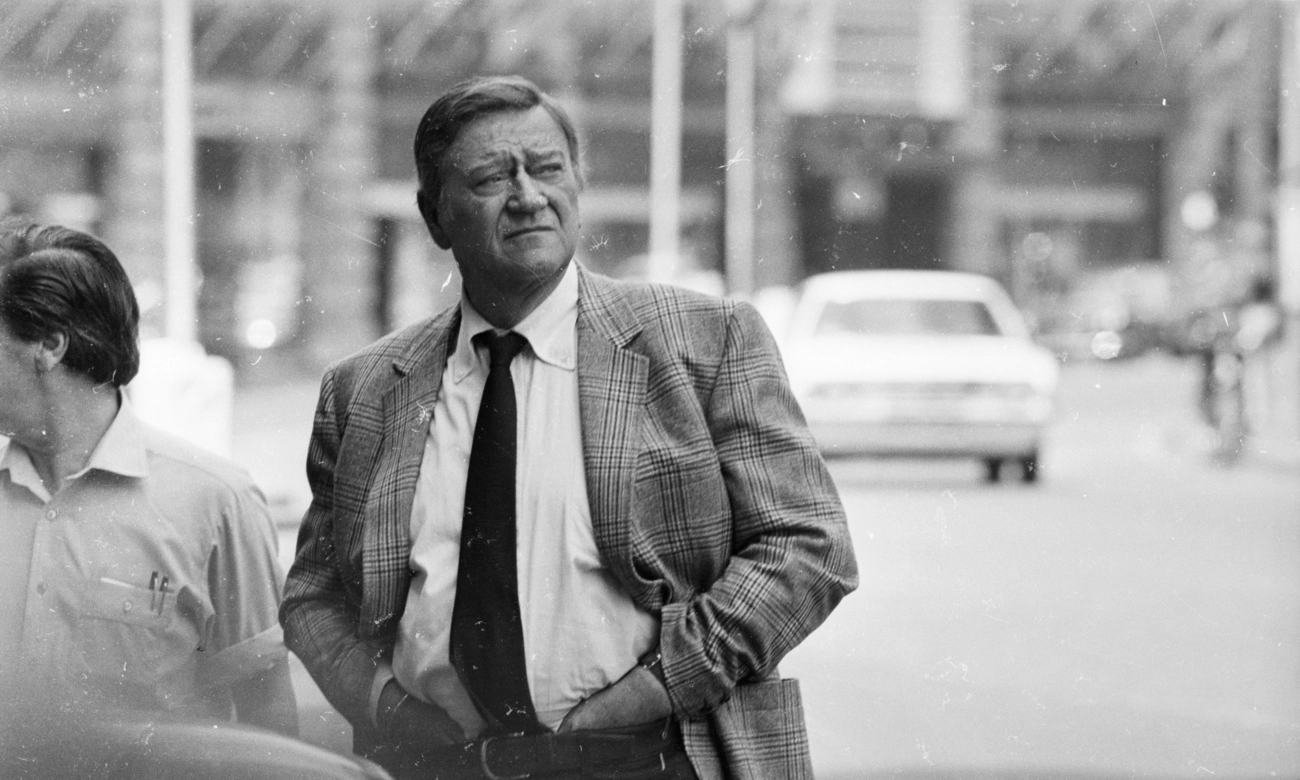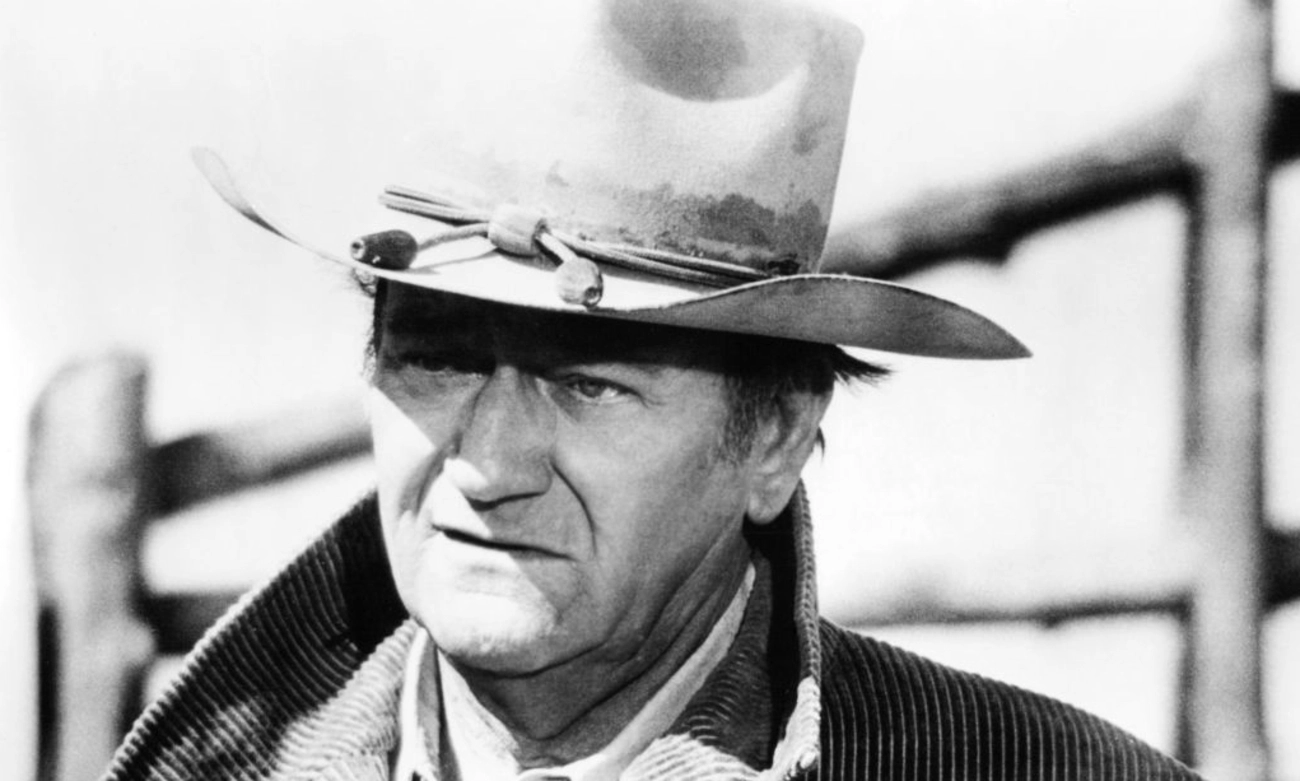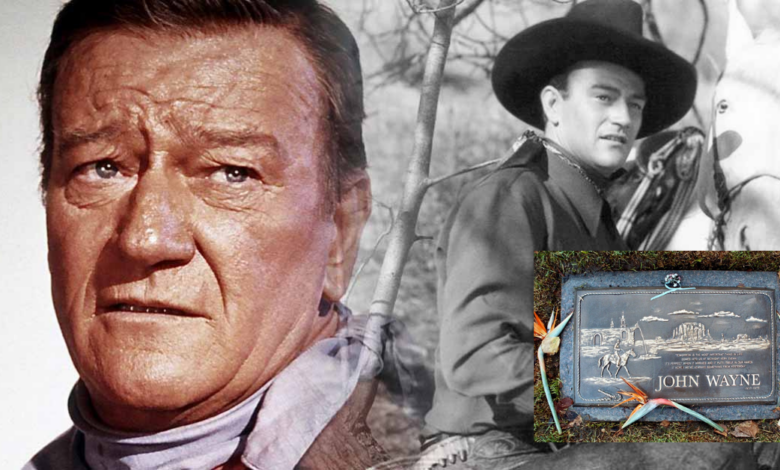John Wayne lived his life exactly the way he saw fit, right down till the very end. It’s why his tombstone features an odd, but honest message.In 1979, Wayne’s days were unfortunately numbered. He had last appeared in a film three years prior in The Shootist, and after overcoming lung cancer in the mid-1960s, his bout with stomach cancer was proving to be his ultimate killer.
When making final preparations, John Wayne requested a specific phrase in Spanish to be engraved on his tombstone. The tombstone, to this day, reads, “Feo, Fuerte y Formal.”The phrase means “ugly, strong, and dignified.” We couldn’t think of anything that better fits John Wayne if we tried.

However, that isn’t the only thing that’s transcribed on the acting legend’s tombstone. In 1999, the grave was marked with a quote:“Tomorrow is the most important thing in life. Comes into us at midnight very clean. It’s perfect when it arrives and it puts itself in our hands. It hopes we’ve learned something from yesterday.”
John Wayne Converted to Catholicism Late in Life
The 72-year-old acting legend was going through a journey in his final days. Years later, his grandson and Catholic priest, Matthew Muñoz, discussed his grandfather’s transition to Roman Catholicism as he struggled with cancer.“My grandmother, Josephine Wayne Saenz, had a wonderful influence on his life and introduced him to the Catholic world,” said 46-year-old Fr. Muñoz, a priest of the Diocese of Orange.
“He was constantly at Church events and fundraisers that she was always dragging him to and I think that, after a while, he kind of got a sense that the common secular vision of what Catholics are and what his own experience actually was, were becoming two greatly different things.”

Further, Muñoz added that his grandfather converting to Catholocism “was one of the sentiment he expressed before he passed on”. The Catholic priest said his grandfather blamed the delay on “a busy life.”According to his grandson, Wayne was a spiritual and Christian man throughout life. This is best evidenced through his written prayers.
“He wrote beautiful love letters to God, and they were prayers. And they were very childlike and they were very simple but also very profound at the same time,” Fr. Muñoz said. “And sometimes that simplicity was looked at as naivety but I think there was a profound wisdom in his simplicity.”
